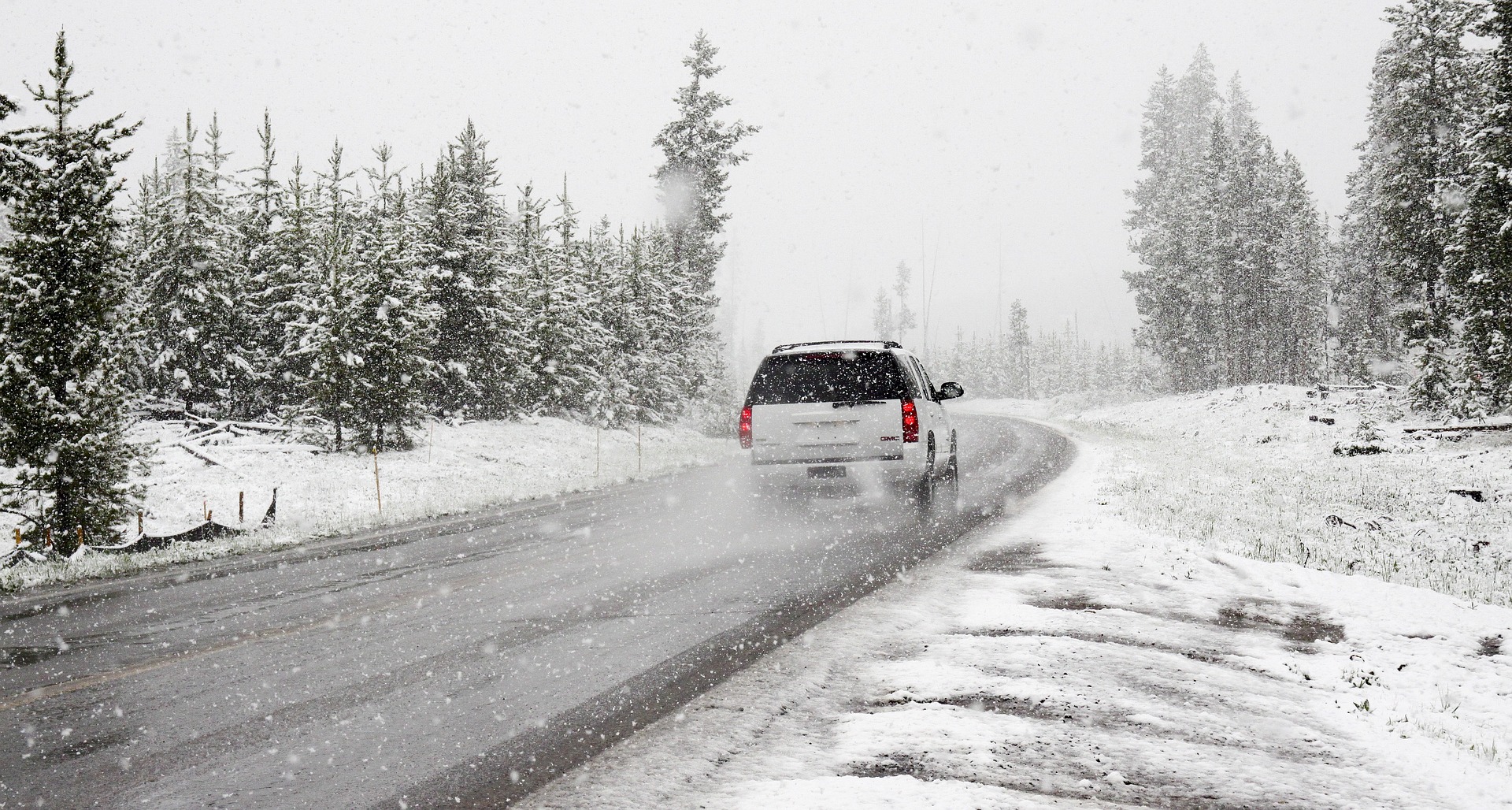The Whispering Grass – What YOU Have To Know
Nickie West, the event director for the FIT Show believes malicious rumour mongers are trying to wreak havoc whispering in corners and even sending...
Read Full Article
With a certain amount of exaggeration as to how bad snow was going to hit the UK this week and with the aid of the Met Office, we take a look at where some snow headlines come from and how to know if snow is actually in the forecast.
One easy forecast to make for the months ahead is for some excitable online media headlines to predict snowfall that will bring the country to a standstill, yet the complexities of forecasting snow, especially at long ranges, means that it can sometimes be hard to work out which headlines are full of fluff and which ones are snow joke.
Snow gets people talking
A recent Met Office survey had snow listed as the second most favoured type of winter weather in the UK, just behind crisp blue skies, despite it bringing disruption for many. This is why it’s a topic that the online media likes to discuss frequently, with some headlines which sometimes don’t reflect the reality of the forecast.
How a snow event would be forecast
Forecasting impactful snow is famously tricky in the UK and there are a number of factors that meteorologists from the Met Office look for. These include:
Where the air has come from
If air has come from a warmer area or has spent a long time over warm seas, then it would be harder to generate snow. If it’s coming from a cold region, often the North, then there’s a chance of snow.
Very heavy precipitation
Most precipitation in the clouds starts off as snow or supercooled raindrops. This often melts before it comes to ground. However, in winter, intense precipitation can keep temperatures lower closer to the ground, increasing the chance of heavy rainfall turning into snow.
When warm air meets cold air
Presenters often talk about weather fronts between warm and cold air. In the winter, these fronts can introduce the moisture and conditions for snow to fall. There’s often a fine line between who sees snow and who sees rain, which is one of the reasons forecasting snow can be difficult. Because of these competing elements, accurately forecasting a specific snow event more than a few days in advance is a tricky task.
Indicators
While it’s hard to forecast snow accurately more than a few days ahead, there are indicators that Met Office meteorologists look out for to understand the chances and uncertainties. Mark Sidaway is a deputy chief meteorologist at the Met Office and looks at the medium and extended range forecasts. He says: “Despite what some headlines suggest, it’s not possible to accurately pick out an ‘exact date’ for snow to hit the UK weeks in advance, yet we do have some long-range outputs that can help us to understand the chances.
“Different projections of the future are run multiple times through weather forecasting models. Often these will be quite similar at short ranges but by the time you get weeks ahead, these can have a significant range of possible weather conditions in the future. It’s our job as meteorologists to look at all these projections and understand what it’s telling us about the likelihood of conditions. “Certainty will tend to increase as we get closer to the time. The best indication of impactful snow in the forecast would be when a Met Office National Severe Weather Warning is issued.”
Fear mongering
Some snow headlines that appear online simply use one of these raw model forecast projections of the future to suggest certainty over a snow forecast for weeks away, yet that is not often reflective of the uncertainties or alternative scenarios that could play out in the intervening period.
A white Christmas?
Despite some headlines being willing to speculate on the specific conditions for Christmas Day, a more definitive forecast for Christmas won’t be available until much closer to the time. A white Christmas in the UK simply needs one weather station to report snow falling on Christmas Day, which has been the case for the last three years, though not very widespread.
Picture: If you are looking for honest information about the weather, particularly snow, watch or listen to reputable channels, follow the Met Office or see what TheInstaller.pro and TheFabricator.pro have to say.
Article written by Cathryn Ellis
21st November 2024